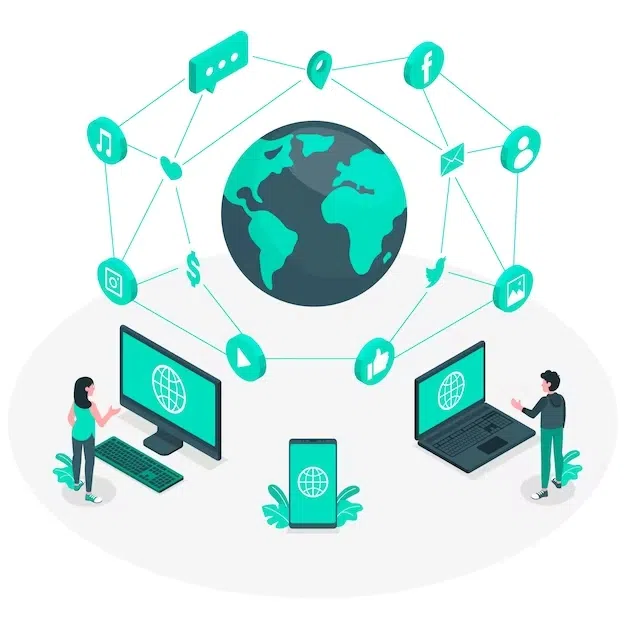Introduction:
As the workforce embraces the freedom of remote work, the digital landscape becomes both a sanctuary and a battleground. In this era of decentralized productivity, cybersecurity takes center stage, defending against evolving threats that seek to exploit vulnerabilities. Today, we delve into the realm of cybersecurity, exploring the challenges posed by remote work and unveiling best practices to fortify our digital defenses.
The Remote Work Paradigm:
The shift to remote work has blurred the lines between office and home, creating a dynamic work paradigm that demands a robust cybersecurity framework. The power words here are “adaptability” and “resilience” – traits necessary to safeguard sensitive data and ensure the integrity of digital operations in the face of unprecedented challenges.
Challenges in the Virtual Frontier:
Remote work introduces a new set of challenges to cybersecurity, from unsecured home networks to the increased use of personal devices for professional tasks. Power words like “vigilance” and “awareness” become crucial as we navigate the threats of phishing attacks, ransomware, and other malicious activities seeking to exploit the vulnerabilities of a dispersed workforce.
Securing the Home Office:
The home office is the new frontline, and securing it requires a comprehensive approach. Power words like “encryption” and “firewalls” underscore the importance of implementing robust security measures. From secure Wi-Fi networks to regular software updates, fortifying the home office environment is pivotal in preventing unauthorized access and data breaches.
The Human Element: Addressing Cybersecurity Culture:
In the age of remote work, the human element becomes both a vulnerability and a defense. Power words like “training” and “culture” highlight the need for fostering a cybersecurity-conscious workforce. Educating employees about potential threats, promoting secure practices, and instilling a cybersecurity culture are essential components in building a human firewall against cyber-attacks.
Endpoint Security: Protecting Devices in a Decentralized World:
With employees accessing company data from various endpoints, endpoint security becomes paramount. Power words like “multifactor authentication” and “endpoint protection” form the frontline defense against unauthorized access. Implementing stringent security measures on devices ensures that even if one layer is breached, others stand guard, mitigating potential risks.
Cloud Security: Safeguarding Data in Virtual Vaults:
As remote work relies heavily on cloud services, securing data stored in virtual vaults is imperative. Power words like “encryption at rest and in transit” and “access controls” underscore the need for robust cloud security practices. Ensuring that data is encrypted both during transmission and while at rest, along with strict access controls, fortifies the virtual stronghold against cyber threats.
Incident Response and Preparedness:
No cybersecurity strategy is complete without a robust incident response plan. Power words like “preparedness” and “resilience” guide organizations in developing a swift and effective response mechanism. From regular drills to real-time monitoring, being prepared for a cyber incident is as critical as preventing one.
Collaborative Defense: Information Sharing and Threat Intelligence:
In the interconnected world of cybersecurity, collaboration is a force multiplier. Power words like “information sharing” and “threat intelligence” emphasize the collective defense against cyber threats. Creating a network where organizations share information about emerging threats enhances the overall cybersecurity posture, creating a united front against cyber adversaries.
Conclusion:
In the age of remote work, cybersecurity is not a mere necessity but a strategic imperative. As our digital footprint expands, so do the challenges, making it imperative for organizations to fortify their defenses and cultivate a cybersecurity-aware culture. By embracing adaptive strategies, fostering a vigilant workforce, and implementing robust technological measures, we can navigate the evolving landscape of cyber threats and emerge as guardians of the virtual realm. Together, we build a future where remote work is not just flexible but fortified against the ever-present challenges of the digital frontier.
For more updates stay with boardofjobs.com

